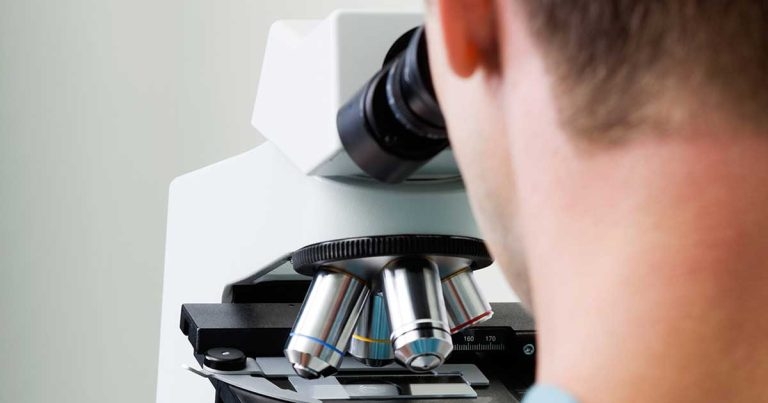10 Mar 2022
Joint letter, published in Vet Times, says an increase in worm and worm-like parasites has been observed in dogs imported from southern and eastern Europe.

Image © Tyler Olson / Adobe Stock
Vets have been urged to carry out surveillance following an increase in reports of worm and worm-like parasites in imported dogs.
Parasites including the eye worm Thelazia callipaeda, the skin worm Dirofilaria repens and the nasal pentastomid Linguatula serrata – all three of them zoonoses – have been reported to the APHA and the European Scientific Counsel Companion Animal Parasites (ESCCAP), and both have joined forces to try to map distribution in the UK.
Pet travel, growing pet importation and an expansion in global parasite distribution are increasing the risk of exotic parasites to the UK. In a letter – published in Vet Times – vet Ian Wright of ESCCAP UK and Ireland; Michele Macrelli, veterinary investigation officer for APHA; and Gillian Diesel, APHA veterinary lead of the Small Animal Expert Group, have urged vets to be on the lookout.
In the letter, published in the 8 March issue of Vet Times (VT52.10), the trio said: “APHA and ESCCAP UK and Ireland are collaborating to encourage diagnosis and reporting of these parasites, and to map the distribution of cases. This will help to inform their distribution and prevalence as well as helping to identify where autochthonous transmission may be occurring.
“APHA will carry out free of charge, morphological identification of suspected cases of T callipaeda, D repens and L serrata seen in veterinary practices in England and Wales.
“We encourage veterinary practices to submit any samples that may be one of these parasites to APHA for identification. Samples should be posted to the APHA Carmarthen Veterinary Investigation Centre. Sample submissions must be accompanied by full clinical history to qualify for free testing.”
Full information on how to submit samples can be found at the APHA website.